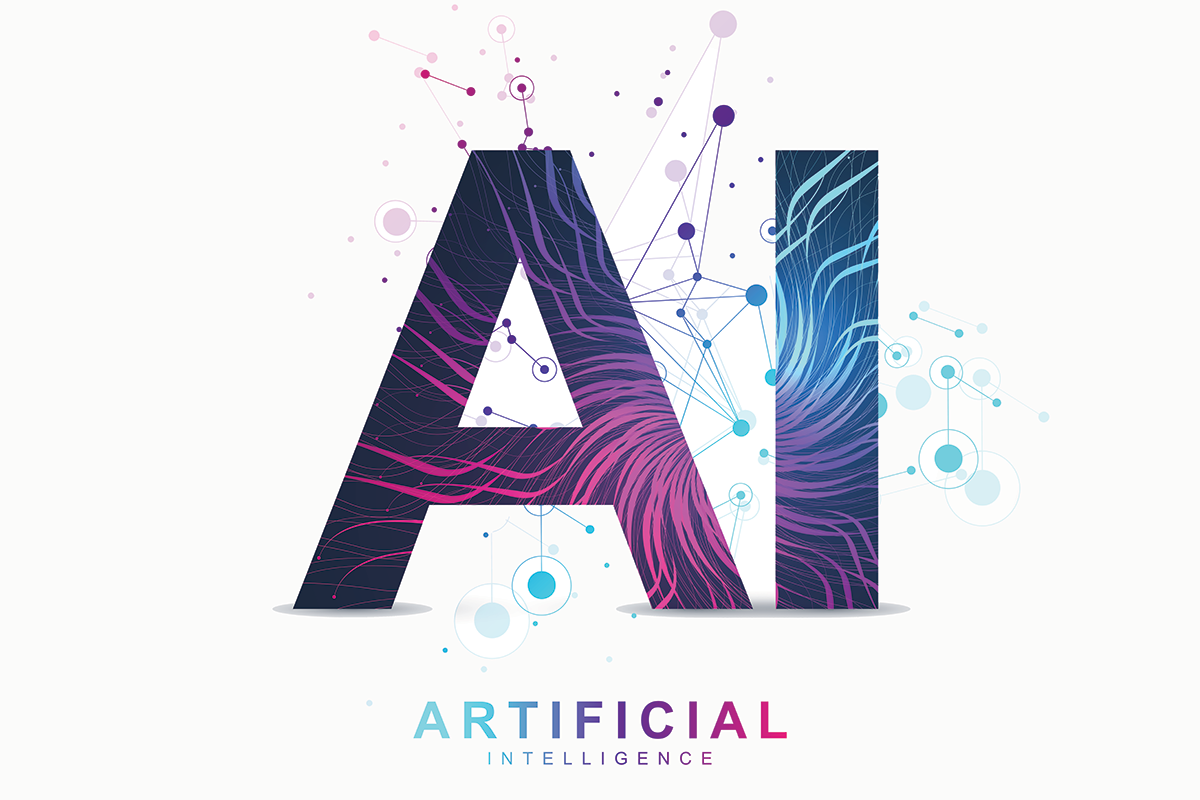The Next Frontier of Artificial Intelligence: Artificial General Intelligence and its Impact on Society

Introduction
Artificial Intelligence (AI) has come a long way in recent years, with machine learning algorithms and deep learning techniques enabling breakthroughs in various fields, from computer vision to natural language processing. However, the future of AI holds even greater promise, as researchers and technologists strive to develop Artificial General Intelligence (AGI) – a form of AI capable of performing any intellectual task that a human can do. In this article, we will explore the potential impact of AGI on society, economics, and ethics, as well as the exciting applications it may bring to various industries.
Understanding Artificial General Intelligence
While current AI systems like ChatGPT, DALL-E, DeepDream & Deep Mind excel at specific tasks, such as image recognition or language translation, they lack the ability to generalize their knowledge to new, unrelated tasks. AGI, on the other hand, aims to possess human-like intelligence, allowing it to learn and adapt to a wide range of tasks and situations. Developing AGI requires not only advances in machine learning algorithms but also a deeper understanding of human cognition, including reasoning, creativity, and problem-solving.
The Impact of AGI on Society
The advent of AGI could lead to a significant transformation of society in several ways:
- Labor Market and Economy: AGI could automate a wide range of jobs across various industries, leading to both job displacement and the creation of new job opportunities. While automation may increase productivity and economic growth, it also raises concerns about income inequality, job loss, and the need for reskilling.
- Healthcare: AGI could revolutionize healthcare by assisting in diagnostics, drug discovery, personalized medicine, and patient monitoring. This could lead to improved patient outcomes, reduced healthcare costs, and increased accessibility to healthcare services.
- Education: AGI-powered adaptive learning systems could provide personalized education, tailoring the learning experience to each student’s needs and abilities. This could enhance educational outcomes and help bridge the gap in educational resources across different regions.
- Environment: AGI could contribute to environmental conservation and sustainability by optimizing resource allocation, predicting and mitigating natural disasters, and developing innovative solutions for waste management and renewable energy.
Ethical Considerations
The development of AGI also raises important ethical questions:
- Control and Accountability: As AGI systems become more autonomous, it becomes crucial to ensure they align with human values and interests. Ensuring the ethical behavior of AGI systems and determining responsibility for their actions are critical concerns.
- Privacy and Security: The increasing power and ubiquity of AGI systems may pose risks to individual privacy and data security. It is essential to establish safeguards and regulations to protect against misuse of AI technologies.
- AI Bias and Fairness: AGI systems must be designed to be unbiased and fair, avoiding the risk of perpetuating existing societal biases and inequalities. This requires careful consideration of the data and algorithms used to train AGI systems.
Conclusion
Artificial General Intelligence has the potential to bring unprecedented advances across various domains, from healthcare to environmental conservation. However, achieving AGI also poses significant challenges, both technical and ethical. It is crucial for researchers, policymakers, and society as a whole to work together to ensure the development of AGI aligns with human values and leads to a future where AI technologies are harnessed for the greater good of all.